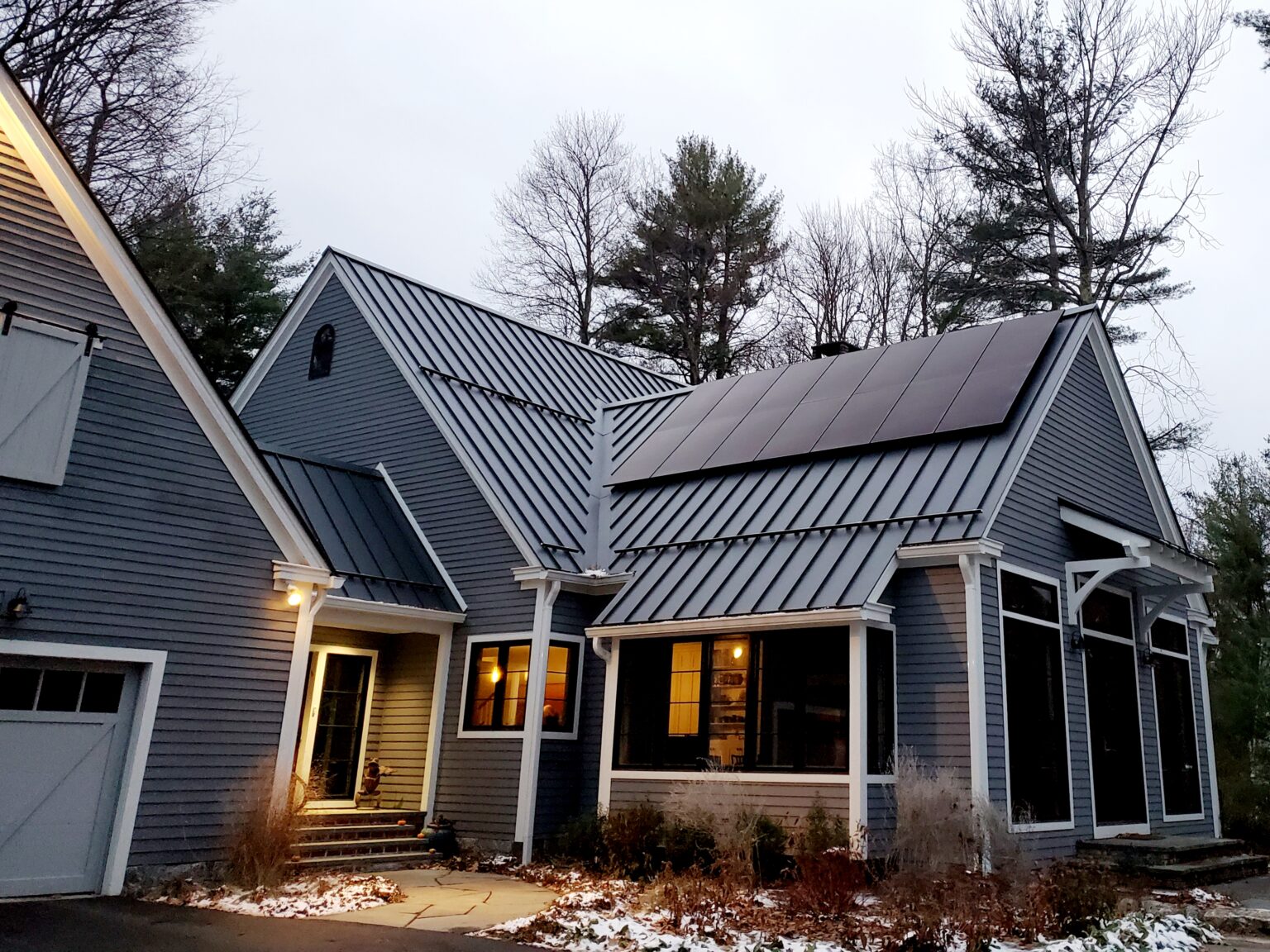What is Solar PV?
solar pv

What We Offer

Electricity Rates
How high is your current electric bill? This determines your savings over the life of
your system. The higher your rates, the
more you can save with solar.

Financial Incentives
There are significant state and federal tax programs or rebates in your area that encourage solar adoption. A business can also take advantage of depreciation tax benefits, including accelerated depreciation. Higher incentives mean lower upfront costs and a shorter payback period.

Cost
One of the largest hurdles is the upfront cost. To get over that barrier there are great financial tools that customers can take advantage of. Many states sponsor low interest loans that are fast, easy and safe. Why continue paying your electric bill? Your new solar energy payment will be less, and green.

Technology
Quality equipment and properly designed solar arrays will produce for decades. High quality panels, inverters and the balance of the array components are warrantied for 25 years. Ensuring your investment pays for itself quickly and continues generating significant saving year after year.

Site Characteristics
How sunny is it where you are? Which way does your roof face? What is the pitch of your roof? Is there shading? All of these factors can affect your production levels and ROI.

Property Value Increases
Solar panel system ownership tends to increase your property resale value, while third party ownership (e.g. leasing) does not. That value is only as good as the equipment, aesthetics of the install and function.

Business Benefits
Eliminate a variable expense in electricity. Create goodwill by going green and using solar power. Appeal to customers through the difference your company has decided to make.
Go Solar with NES+G
When you own the solar array, the savings goes directly to your wallet. Whether you pay cash or get a loan the incentives and credits available make it one of the most fiscally responsible investments and feel good decisions you can make. Not only does this type of renewable energy source benefit you financially but it eliminates the negative environmental impacts of carbon fuel sources. The average annual CO2 emissions are approximately 14,796 pounds per household, based on a typical usage of 900 kWh per month. Changing your method of energy production to a solar will help prevent damage to the earth and reduce your buildings contribution to climate change.
Why Go Solar with New England Solar + Green?
Ann R. West Stockbridge, MA
Ben G. Williamstown, MA
Your choice to go solar helps support our business and its employees. We in turn reinvest in other local business, keeping investment in the local economy and growing local revenues.
Mike P. Savoy, MA
Solar electrical generation significantly reduces the size of your carbon footprint. This sustainable green energy provides a small but personal influence on climate change and dependency on carbon based fuels.
